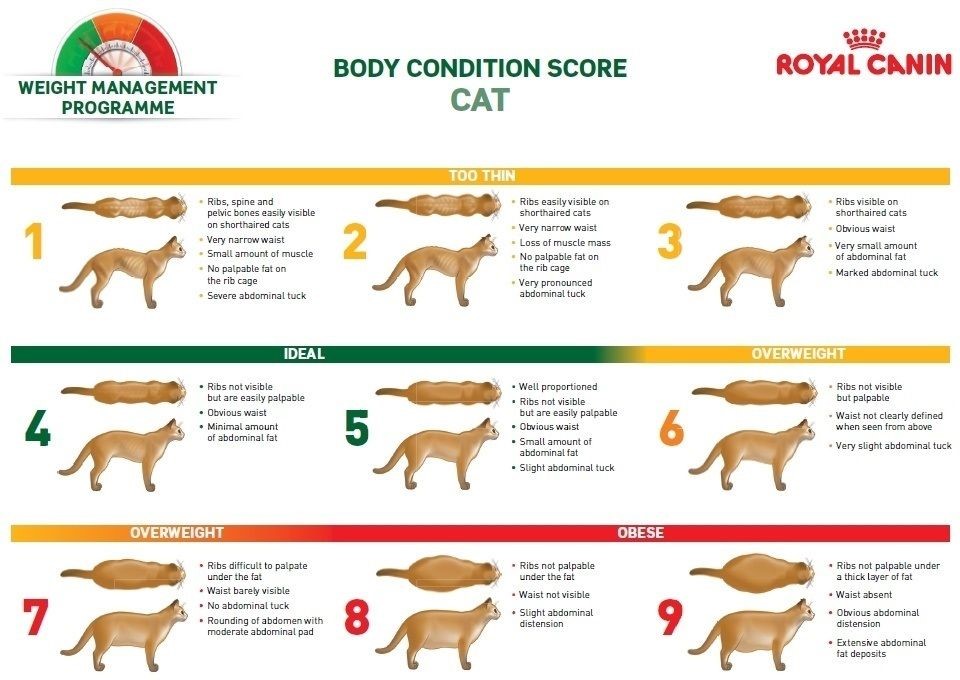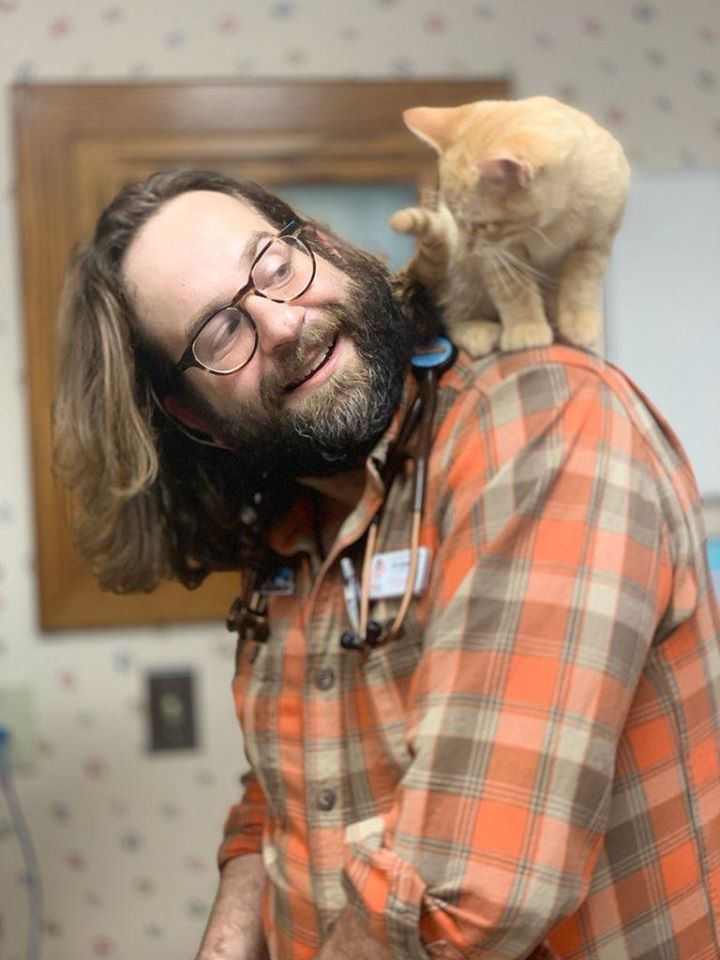Dear friends,
Because the numbers of positive COVID cases and hospitalizations in Iowa County are increasing, Dodgeville Veterinary Service is trying to slow the spread of this disease by limiting people to people contact.
We are offering VIP Service In an effort to keep everyone – you, your pet, and our staff – safe and healthy, we are asking you to call (608-935-2306) or text (with the PetDesk App) for pets with appointment. Please call us upon your arrival and we will send a team member to retrieve your pet from your car and bring your pet inside and/or to bring you your items for purchase.
For scheduled while-you-wait appointments, we will call you on your cell phone to discuss your pet’s recent history and the veterinarian’s findings while you wait in the comfort of your car. Please make sure your pet is safely restrained with a leash and/or crate for dogs and a carrier for cats. If you wish to have a virtual visit please let us know and make sure you have downloaded the PetDesk app and signed in.
If you prefer not to wait, you may also leave your pet with us. A doctor will examine your pet and we’ll contact you when your pet is ready to go home. To use this option, please call ahead for availability and remember your pet will need to be picked up by 5:00pm (1:00pm on Saturdays).
Curbside and day-admit services are being offered to limit your public exposure and still maintain your pet’s veterinary care. Think of them as VIP valet service for your pet!
If you prefer not to opt for either of these options, you may still bring your pet into our practice as you normally do for scheduled appointments.
IMPORTANT: If you’re feeling under the weather yourself or if you may have been exposed to someone with COVID-19, we ask you to please take very special precautions, for the safety of our staff, our clients, our patients – and for your own health, as well. We ask you to please either:
- Arrange for someone else to bring your pet in, or
- If your pet is scheduled for a wellness visit and isn’t sick, please call us to reschedule your appointment. You won’t be penalized for canceling an appointment due to illness or possible exposure.
We have always maintained extensive daily cleaning protocols to keep our facilities clean and sanitary. In addition to our regular cleaning we have also added additional disinfecting protocols for extra protection, per the CDC’s recommendations.
Thank you very much for working with us as we find ways to continue caring for our patients while keeping everyone healthy and safe. Please call us if you have any questions or concerns; we’re happy to help!
Sincerely,
Your friends at Dodgeville Veterinary Service.





Recent Comments